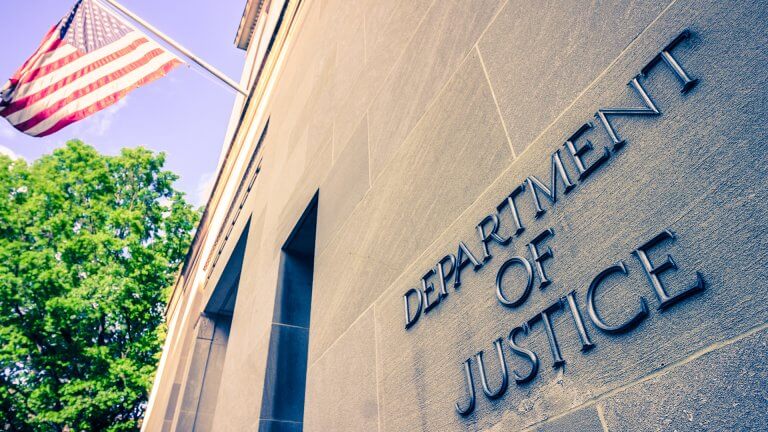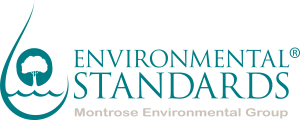

Ethics in Sample Analysis and Reporting: An Ongoing Problem
Contained on the favorites bar of my internet browser is a link to the U.S. Department of Justice Press Release site. Several times a year, I find press releases of multiple cases involving environmental ethics issues resulting in invalidation of results, potential imprisonment and/or large fines. These cases involve wide-ranging topics like manipulation of collected samples, improper sample-collection locations and frequency, falsification of results reported to regulatory agencies, and improper laboratory procedures and reporting.
Generally, these issues are not errors due to lack of training, which can be observed and corrected, but rather serious violations of ethics from individuals and corporations performing and reporting the work.
Recent cases include:
- Illegal discharge of leachate not meeting required limits on an expired permit.
- Employees instructed for a minimum of 6 years to make sure an in-line monitor was absent before discharging wastewater containing excessive amounts of a metal.
- Manipulating wastewater samples to be analyzed for E.coli by mixing the sampled effluent with bleach and then mixing in deionized water to pass E. coli limits prior to sending the sample to the laboratory.
- Laboratory reported that the tested samples were found to be safe. However, the laboratory did not test the samples because the laboratory equipment was not operational.
- Project Manager falsified information regarding a replacement quality assurance/quality control (QA/QC) Manager. The QA/QC Manager was not qualified and had little to no experience testing soil for hazardous materials. The QA/QC Manager failed to properly test fill material that was used to remediate the site and did not properly test and remediate soil samples, which resulted in substantial reinvestigation.
- Clients hired a consulting firm to take samples and analyze them in a manner consistent with Clean Water Act permit requirements. The results were submitted to two state agencies to satisfy permit requirements. Consultant fabricated the test results and related reports and forged documents from a reputable testing laboratory. At least 405 false laboratory reports and Chain-of-Custody forms were submitted from the company to state regulators over multiple years.
The causes of these ethics violations can vary, from incompetence to lack of control to pure greed.
So how can you try to protect yourself from ethical issues?
- Perform sampling and documentation audits of field sampling personnel – either internal or contracted external consultants/laboratories to ensure compliance.
- Perform detailed test method assessment audits instead of relying on broad-ranging certification audits.
- Perform ongoing validation of laboratory data to ensure method compliance and reporting.
- Perform peer review of reports and records prior to submission to regulatory agencies.
In conclusion, ensuring the entire sampling, analysis and reporting sequence is accurate and defensible is important to regulatory compliance.

